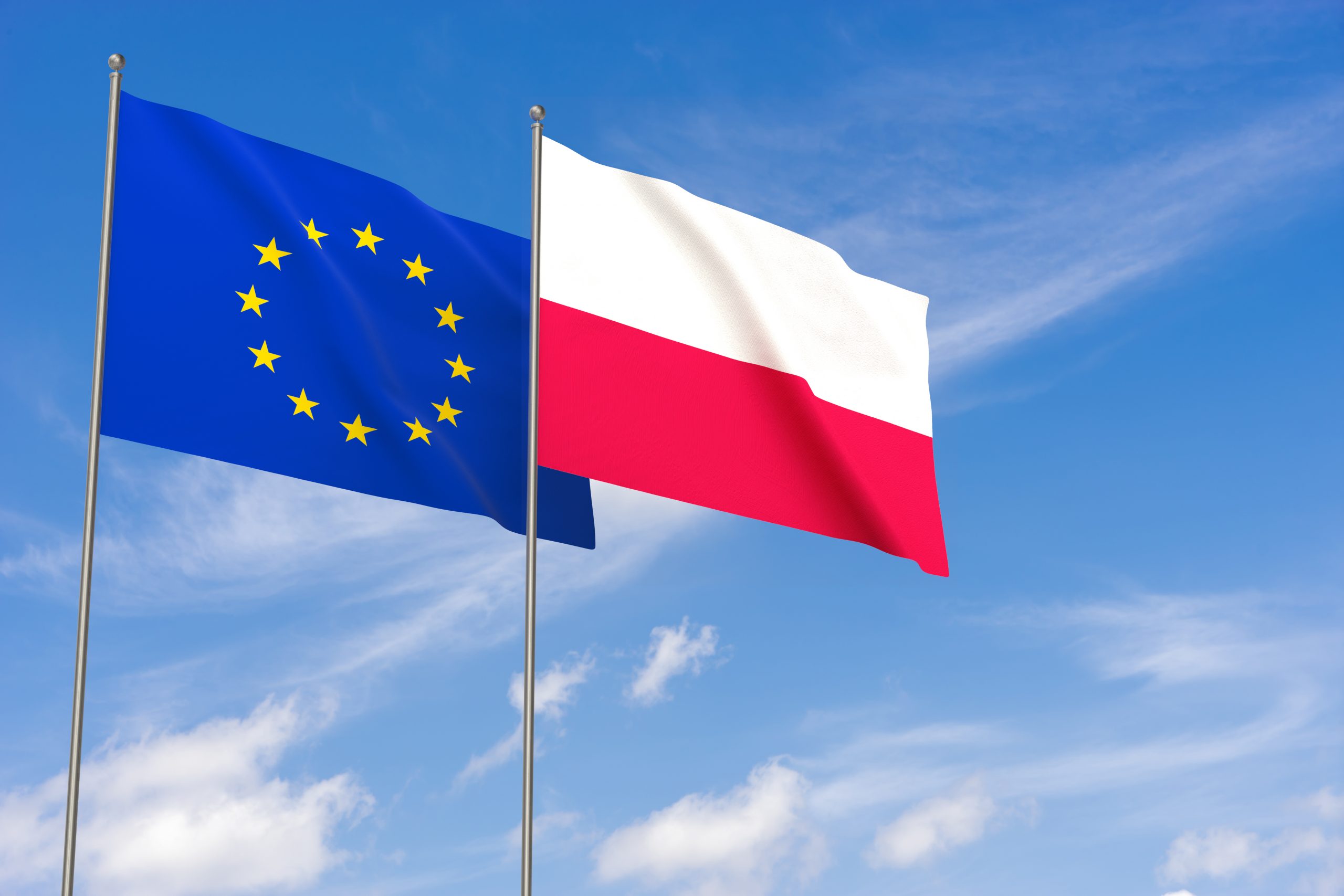Not only in the Netherlands, but also in the rest of Europe, asylum and migration causes considerable friction. The Dutch government, helmed by one of the longest-serving Prime Ministers of Europe, Mark Rutte, fell as ministers clashed over asylum. In Poland, Prime Minister Mateusz Morawiecki has announced to hold a referendum on relocating asylum seekers within the EU, to be held on the same day as Poland’s parliamentary elections next autumn. By doing so, Morawiecki wants to achieve two things: winning the elections based on anti-migration and anti-EU sentiments, and putting pressure on European migration negotiations. Waving a won referendum, the Polish government will surely try to bail out of implementing European agreements. This leaves member states with two options: going back to the drawing board for a migration deal supported by all or agreeing on effective instruments to force countries to implement it.
In early June, European Justice and Home Affairs ministers agreed on two key proposals in the EU Asylum and Migration Pact. The first covers an asylum procedure at the EU’s external border to quickly distinguish between those with low and those with high potential asylum claims. The second is a solidarity mechanism requiring countries to take in asylum seekers from countries where the majority enters the EU, with the possibility of a financial contribution if a member state does not want to take in asylum seekers).
The latter proposal faced opposition from Poland and Hungary. Consequently, both countries voted against; Bulgaria, Lithuania, Malta and Slovakia abstained. Since the Lisbon Treaty, unanimity is no longer required on asylum policy. Hence, a qualified majority in the Council was sufficient to adopt a position. If the European Parliament follows this direction and the Council and European Parliament come to a joint decision, the member states that voted against will also have to abide by the new rules. Poland now announces a referendum and – if the government wins the referendum – will use the result to put pressure on the EU.
All bets are on
These are notorious referendum tactics. By linking this referendum to the general elections and highlighting migration, a hot topic in the public debate, gives the government an easy chance to ‘score’. The ruling party even bets on a double win: winning the referendum and winning the general elections. This will considerably strengthen its legitimacy for the coming term. Linking the hot topic to the elections also contributes to a high turnout – which in many countries, including Poland, is obligatory for a referendum to be valid.
Read the full publication here
About the Author
Saskia Hollander is Senior Researcher at the Clingendael Institute and author of the book The Politics of Referendum Use in European Democracies (Palgrave, 2019).


